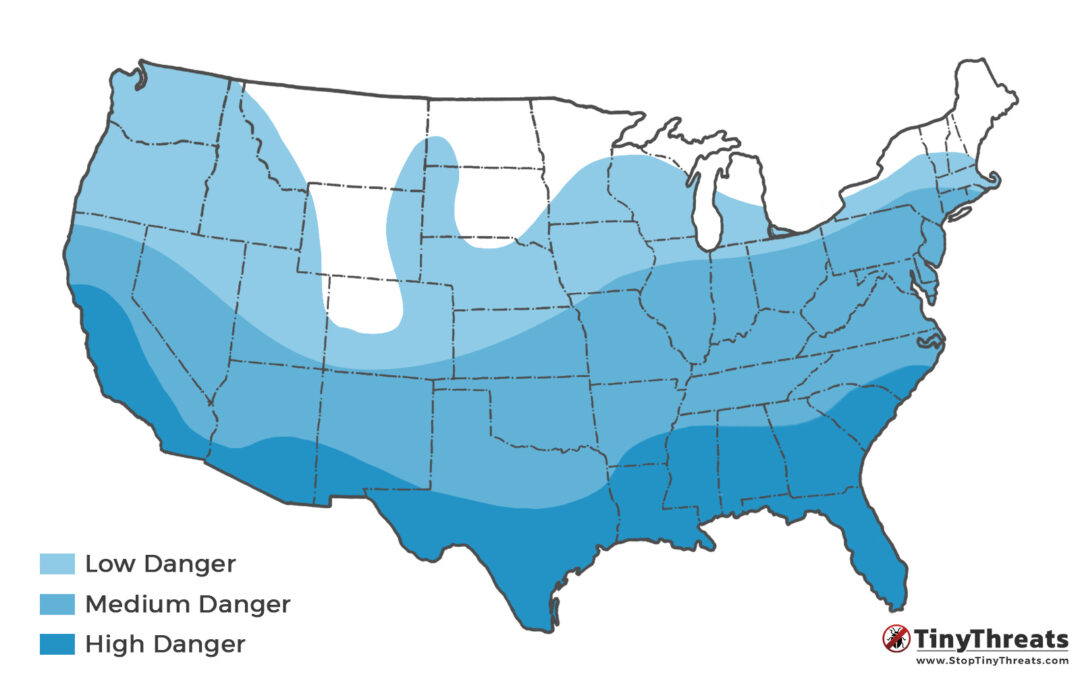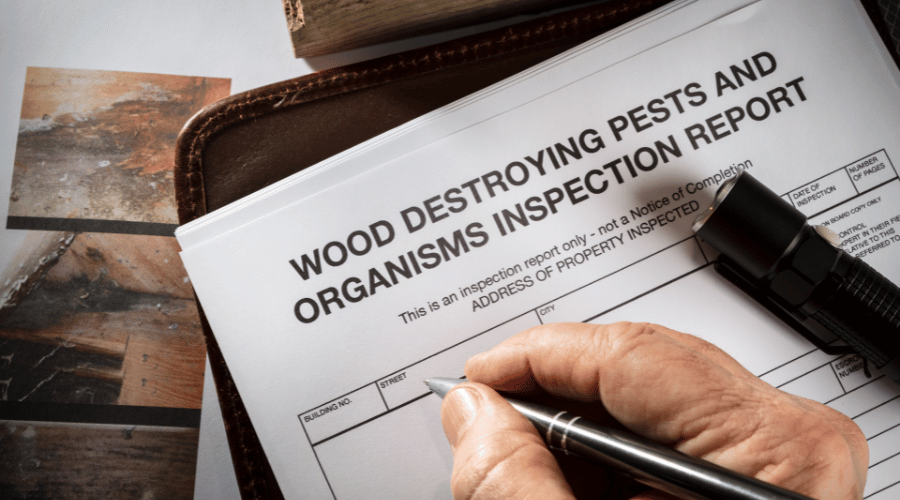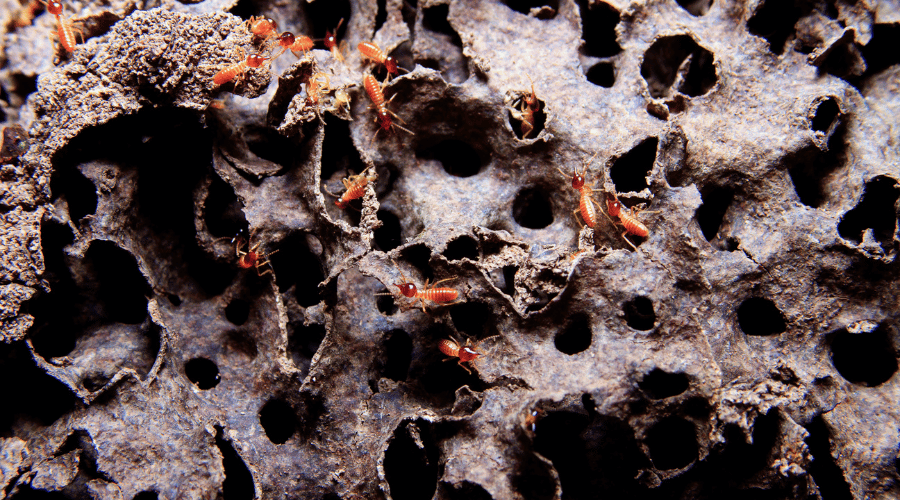Are you wondering if your cypress trees are vulnerable to termite damage? If so, then you’ve come to the right place! In this blog post, we will discuss everything about how termites interact with cypress trees.
This article explains if termites eat cypress wood, why homeowners need to be aware of any signs that could indicate a possible infestation, as well as provide advice on what steps you can take in order to protect your cypress wood from these destructive insects. Ready to learn more? Then let’s get started!
Table of Contents
Is Cypress termite-resistant?
Cypress wood is widely known for its resiliency and durability and is often used in construction as a structural material. This includes its resistance to termites, one of the most common pests that can damage wood structures and diminish their lifespan.
Cypress wood is naturally resistant to many different species of termites due to its high content of silica, water-soluble tannins, and other compounds that make it unattractive to these insects. (1)
The distinct smell of cypress also serves as a repellant against termites.
As this type of wood can endure even in wet climate conditions and climates prone to termite activity, it is an excellent choice for homeowners looking to protect their property from lengthy and costly repairs in the future.
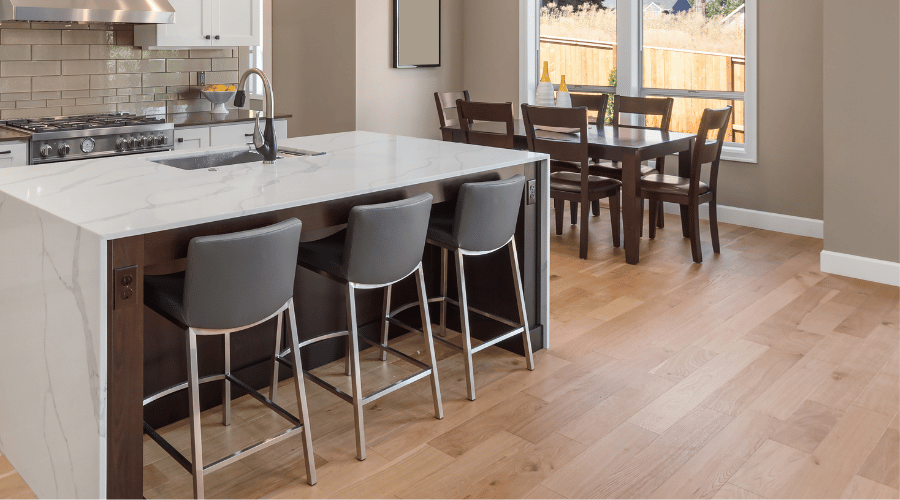
Is Cypress Mulch termite resistant?
Cypress mulch is a popular ground cover for landscaping and gardening. It is known for adding a tasteful splash of color to yards, but it also serves an important practical purpose.
Cypress mulch is often sought after specifically because of its termite-resistant properties, making it a low-maintenance solution for anyone looking to protect their outdoor space from infestation.
Various types of cypress – like pine straw and chips – create a barrier that not only deters termites but also some other pests.
Gathering evidence from user reviews as well as tests performed by organizations like the Southern Research Station has revealed that cypress mulch can provide excellent protection against bug infestations in most cases.
Indeed, if it’s termite resistance you’re after, cypress mulch could be just what you need.
Do Termites eat Cypress wood?
However, cypress is not immune to termite damage. These insects have evolved to be good at one thing, and that is eating wood. No type of wood is ever completely safe.
Termites will eat cypress wood if they have to, but will avoid it as long as possible. But if there are no other food sources nearby, they will tunnel into the cypress boards and slowly work their way through them.
For more options, check out our list of termite-resistant heartwood types!
Should you treat cypress wood?
If you buy cypress lumber or boards, make sure to choose a pressure-treated option. This adds long-lasting protection against all kinds of insects, including termites.
If you already have untreated cypress, you can treat it yourself using a special anti-termite treatment. These usually come in the form of liquid solutions that you either spray on or brush on.
Learn more about treating wood against termites here.
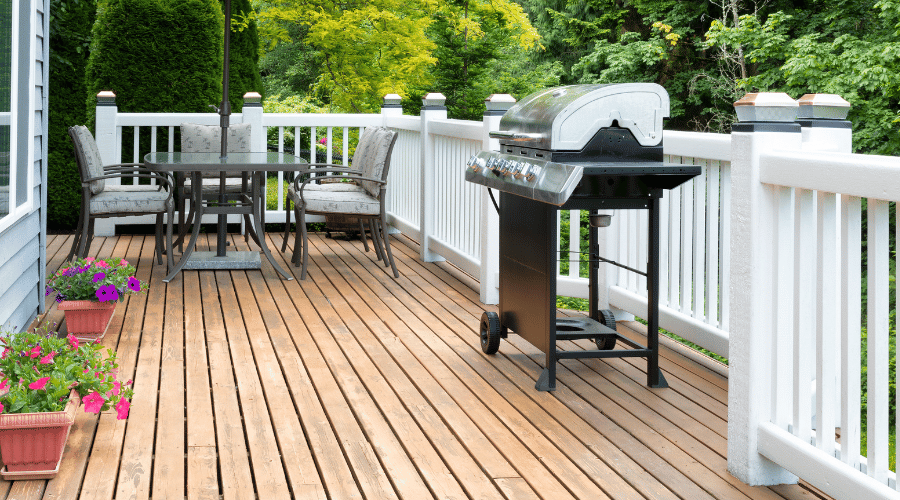
Should you use Cypress for construction?
Cypress is a popular choice for construction due to its beauty, durability, and ease of use. It is commonly used in flooring, walls, decks, and other furniture components because of its unique resistance to the elements.
Especially for outdoor use, cypress is a great wood choice because of its natural resistance to both wood-boring pests AND decay.
Cypress is also easy to work with because it produces minimal waste compared to many other wood types.
Additionally, it contains natural oils which makes it highly resistant to decay and pests. Its distinctive color varies from yellowish-brown to reddish-brown hues that lend warmth and charm to any design aesthetic.
Whether you’re wanting a classic look or something more modern, Cypress can be an ideal solution for your construction needs.
Conclusion
Cypress wood is an optimal material for warding off termites as it contains high levels of silica, water-soluble tannins, and other deterrent compounds. Additionally, the potent smell of cypress serves as another line of defense against these pesky insects.
Since this type of wood can withstand even wet climates and regions with heavy termite populations, homeowners looking to safeguard their property should consider using cypress in construction and repairs.

